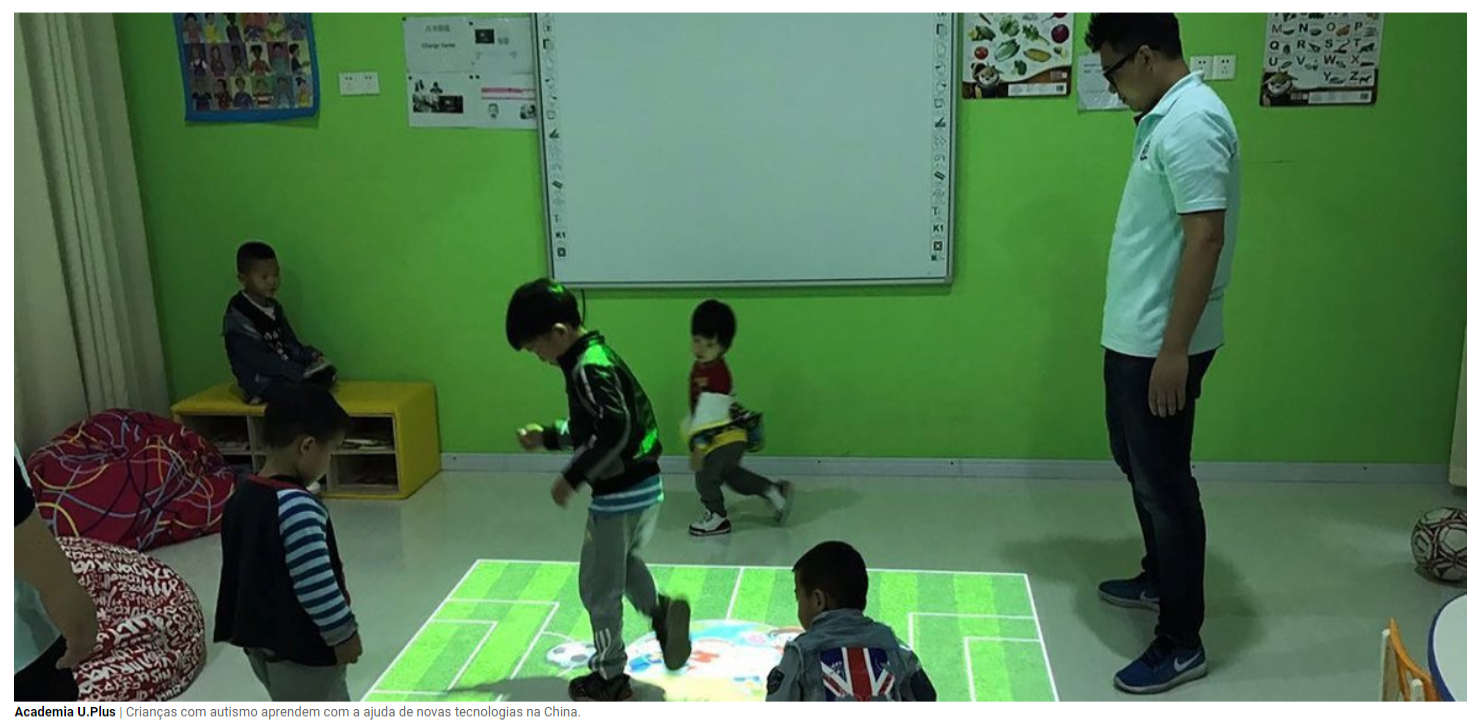Health systems and policies ignore the needs of children with developmental disabilities

In 2019, there were approximately 317 million children and adolescents worldwide with health problems that contribute to developmental disabilities; however, their needs have so far been ignored in health systems planning and health policy provisions, says a new study published this Sunday by two United Nations agencies.
Developmental disabilities are conditions caused by some deficiencies in areas of learning, language, behavior or physical areas that begin in the developmental period and can affect a person's performance throughout life. Examples of these are cerebral palsy, autism spectrum disorders or visual impairments, among many others.
The United Nations Children's Fund (UNICEF) and the World Health Organization (WHO) have stated that although children and young people with developmental disabilities constitute a large and growing population, they also continue to suffer stigmatization, prejudice, institutionalization and barriers to participation, as well as social, economic and educational difficulties, among other forms of exclusion..
At a disadvantage
"These children encounter barriers to accessing health care and receive poorer quality care compared to their peers," the Global Report on Children with Developmental Disabilities notes.
The agencies warned that this inequity and omission results in widespread inequities in health care and increases the risk of premature death for children, youth and adults with developmental disabilities.
The publication argues that the sum of vulnerabilities and failure of societies to ensure inclusion, universal health coverage and enabling environments for all results in children and youth with developmental disabilities being more likely to experience violence, poverty, school dropout and parental mental health problems.
They are also more likely to experience poor health and medical neglect, and are deprived of opportunities to thrive.
Increased investment in the care of children with developmental disabilities
For this reason, the report calls for action to accelerate changes at the individual, family, community and societal levels to achieve inclusion and health equity.
It also calls for greater investment to build multisectoral systems of care for children and youth with developmental disabilities.
The Convention on the Rights of Persons with Disabilities and the Convention on the Rights of the Child provide a solid foundation to guide policy and change to create the conditions that enable children and youth with developmental disabilities to enjoy optimal health and participation.
Advances in science lead to better understanding
UNICEF and WHO emphasized that advances in science, public health, epidemiology, national data registries and the contributions of those with expertise in the field have resulted in a better understanding of developmental disabilities and can optimize the health and development of the children and youth concerned.
The agencies warned that, at the midpoint of the 2030 Agenda for Sustainable Development, the global community needs to turn words into action.
Governments are committed to leaving no one behind and this vision can only be achieved if the aspirations and needs of children with developmental disabilities are also met.
Framework for Action
The report provides a framework for action to accelerate changes in systems and policies of care and provide inclusive, enabling and responsive health service environments for all children and youth with developmental disabilities.
This framework for action should be anchored in the investment for universal health coverage and consists of ten points:
- Strengthen coordination and accountability mechanisms to improve services for children and youth with developmental disabilities and their families
- Deepen commitments at all levels
- Create opportunities for youth with developmental disabilities and their families to participate in advocacy, leadership, policy development and implementation and monitoring activities
- Address the social determinants of health, well-being, and participation of children with developmental disabilities in policies, programs, and funding
- Strengthen multisectoral policy formulation to address inequities in health care and optimize developmental and health services
- Strengthen services provided across the lifespan for the purpose of inclusive, person-centered, evidence-based care
- Ensuring that caregivers and children with developmental disabilities have access to information and support
- Remove barriers to participation in society, combat stigma and discrimination, and foster environments that enable inclusion of children with developmental disabilities and their families in all areas of life
- Strengthen health information systems, monitor programs and services, and promote research to make responsible evidence-based decisions
- Develop inclusive plans and protocols for preparing for and responding to health emergencies



